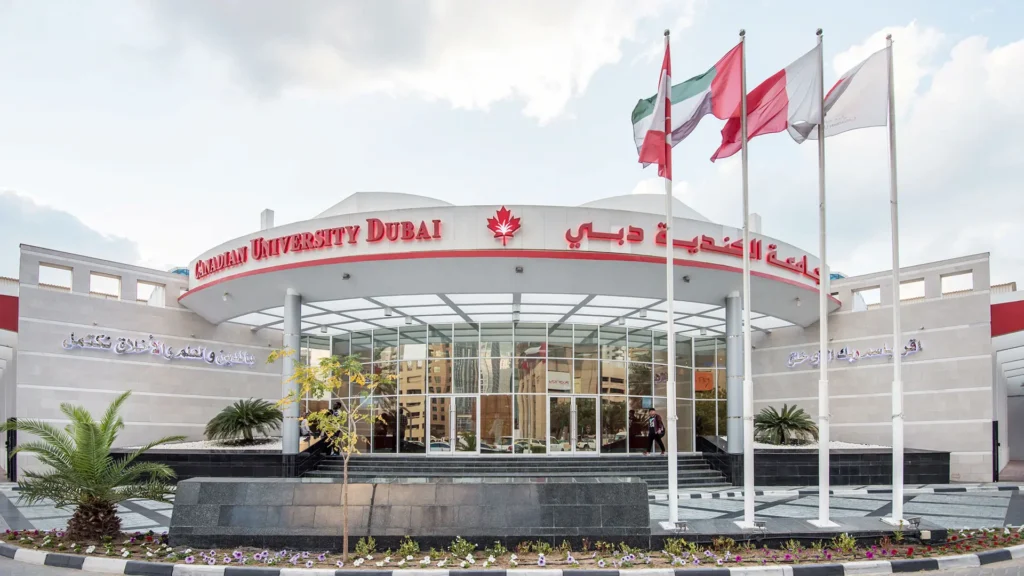Venue
- Home
- Venue
This year’s edition of IEEE SM is proudly hosted at
The Canadian University Dubai (CUD), Dubai, UAE!

The Canadian University Dubai
The Canadian University Dubai (CUD) provides an inspiring and state-of-the-art environment for the IEEE SM 2025 conference. As a leading institution committed to academic excellence and research, CUD offers world-class facilities designed to foster collaboration and knowledge exchange.
Located in the heart of Dubai, CUD boasts modern lecture halls, advanced laboratories, and comfortable common areas, ensuring a seamless and productive conference experience for all participants. Its accessible location within the city makes it convenient for both local and international attendees.

Join Us at the Canadian University Dubai!
We invite you to join us at the Canadian University Dubai for an unforgettable conference experience. CUD provides a stimulating backdrop that will inspire conference attendees. With an unmatched location in one of the world’s most dynamic cities, cutting-edge facilities boasting state-of-the-art conference amenities, and a dedicated team committed to exceptional hospitality, the IEEE SM for 2025 promises participants an outstanding experience.
Whether you’re seeking inspiration, networking opportunities, or simply a chance to connect with industry leaders and innovative thinkers in the field of Smart Mobility, this event promises to be a highlight of the year.
The Crowne Plaza Niagara Falls-Fallsview
Crowne Plaza Niagara Falls provides a stunning backdrop that will inspire conference attendees.

